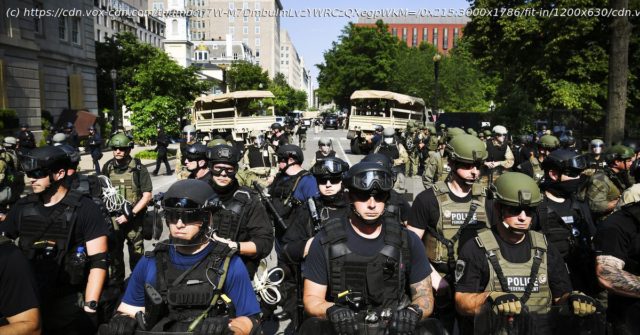The protests against police brutality demonstrate a failure to account for the costs of aggressive policing.
One way to understand how American policing became so dysfunctional: As a society, we have focused too much on the supposed benefits of strategies to reduce crime.
We haven’t focused enough on the costs and trade-offs — such as the harm to civil liberties, the psychological toll of aggressive policing in minority neighborhoods, and higher distrust in law enforcement.
Emily Owens, a University of California Irvine economist focused on policing, said that this is one of the core problems she’s seen in police departments and much of the quantitative research around policing. When a new policing strategy is proposed, the key question is if it will cut down on crime.
But there is little to no focus on the cost, whether to trust in the police, the impact on civil liberties, or in some cases even the actual financial expenses.
“I could tell you if we did a policing policy that prevented one robbery, that saved society $90,000. I could tell you that. And that’s great; $90,000 is a lot of money,” Owens told me. “But if we were to reduce that one robbery because we stopped every single black kid with a hooded sweatshirt on, that $90,000 reduction was almost certainly not worth it. But I can’t give you a dollar value on the impact of that crazy devaluation of the lives of so many people.”
Imagine, for example, that a local police department implemented checkpoints in which officers stopped and searched every single person at every block of a city. This would almost certainly, at least in the short term, reduce crime; it would be much more difficult to do anything when police are literally stopping and frisking everyone at every block.
But would it be worth it? A lot of people certainly wouldn’t like the inconvenience and the violation of their civil liberties. (Just think of how many react to security theater at airports.)
And it might only lead to less crime in the short run because eventually people would get fed up with what they see as a draconian system. As people start to distrust that system, they may become less willing to cooperate with it. They may become less likely to report crimes — hurting police’s crime-fighting capabilities — and they may even protest, riot, or otherwise take the law into their own hands when they have a dispute with another person.
At least this hypothetical would apply to everyone equally.






